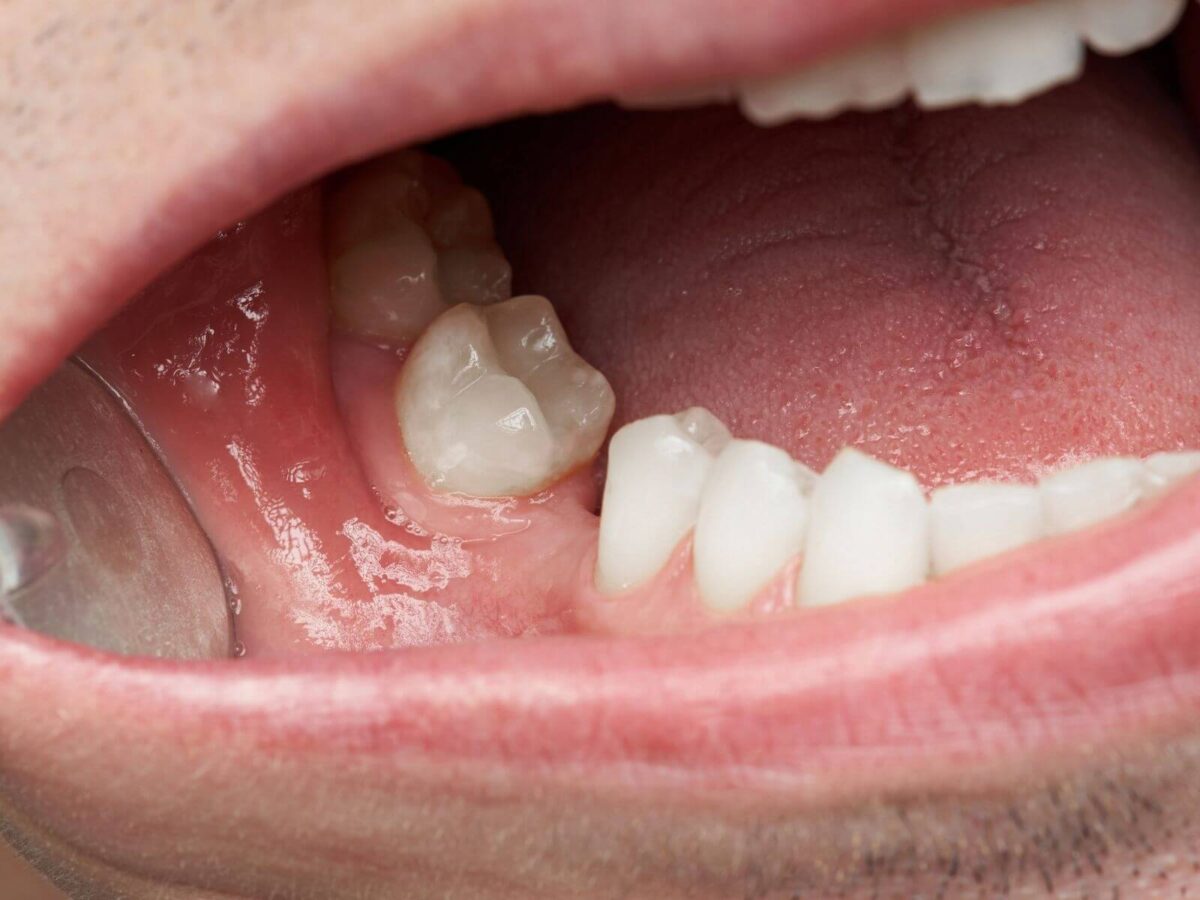Blog
Dental hygiene tips for healthy teeth & gums

Why Replacing Missing Teeth Is Essential
Having missing teeth creates significant negative impacts on your daily activities. Multiple consequences result from losing one or more teeth. A missing front tooth within the visible smile area leads to an immediate loss of self-confidence. The significance of tooth replacement directly affects our social presence since it could force us to become wholly hidden behind closed lips during public interactions.
When individuals choose to leave a single missing tooth untreated, they expose themselves to health difficulties that could have been prevented. The inconspicuous position of a back tooth loss may make you assume it lacks importance during your smile. Poor oral health, combined with inefficient chewing, becomes inevitable when you fail to address your missing teeth.
The Impact of Missing Teeth on Oral Health
Several crucial factors depend on the correct treatment of missing teeth.
Preventing Bone Loss:
The tissues that support teeth naturally disintegrate because missing teeth fail to activate the jawbone. A missing tooth causes the loss of bone tissue while altering facial shape and ultimately deteriorating oral health. Placing restorative treatments such as implants and bridges protects jawbone strength by blocking deterioration.
Avoiding Shifting Teeth:
When any space forms inside your mouth, other teeth will naturally shift, resulting in problems with your bite alignment and misalignment. The restorative dentistry professionals at Cypress Dental will develop individualized solutions to achieve proper tooth alignment.
Improving Chewing and Speech:
Any open gaps in your teeth transform eating and talking into more complex tasks. Dentures and bridges will restore the essential functions of teeth when they replace missing teeth.
Minimizing Gum Disease Risk:
The vacant areas created by missing teeth enable food and bacteria to collect, heightening the possibility of tissue infections. Regular care and gum disease treatment at Cypress Dental remain vital for oral health.
Restore Function of the Mouth:
The oral function depends on proper coordination between lips, teeth, and tongue movement to achieve specific sounds.
The absence of front teeth reduces sound clarity until the patient can restore their missing teeth through replacement. The total biting capacity diminishes when you lose teeth; thus, people who need restored functionality and want improved speaking and chewing abilities should replace their missing teeth. The new teeth combine with natural teeth to restore both the function and aesthetics of the bite for people.
Prevent Jawbone Loss:
Jawbone atrophy becomes more likely when teeth are missing. Tooth roots usually stimulate jawbone development, but without them, the jawbone will stop growing. People who lose their teeth will lose 25% of their jawbone structure within the first few months after tooth extraction, and this percentage continues to diminish annually. Jawbone loss prevention is possible through the replacement of missing teeth.
Maintains Original Facial Structure:
The absence of teeth eventually alters a person’s facial contour through the facial cheek collapse near empty tooth locations. Such replacement needs must be discussed with a dentist to determine suitable options. People who replace their missing teeth can protect their facial structure and stop their cheeks from sinking.
Replacement of Missing Teeth Brings Back Aesthetic Appeal Together With Self-Assurance:
A missing tooth leads to an unappealing smile and decreased confidence in the person affected. Posing with exposed teeth makes most individuals uncomfortable because of their self-consciousness and reduced self-assurance. Numerous studies prove that tooth loss and improperly positioned teeth deeply affect the self-perception of everyone across different age groups. Placing dental replacements helps enhance their smiles and increase their self-confidence.
Maintain Bite Mechanics:
Replacing any lost tooth needs urgent attention because it preserves the bite mechanics. Postponing a tooth replacement will create bite-related difficulties and result in neighboring durable teeth weakening to the point of destruction. A person must replace all missing teeth immediately to preserve bite mechanics.
Neighboring Teeth is Protected:
The complete set of adult teeth inside the mouth works together to protect enamel health and maintain proper alignment of teeth while sharing the chewing demands across all teeth to prevent their movement. Replacing missing teeth prevents bone deterioration and keeps the neighboring teeth securely anchored as they prevent drifting into gaps. Tooth alignment changes and inadequate tooth fit result from this process, generating abnormal tooth wear and affecting jaw function.
Types of Teeth Replacements: Selecting the Best Option
1. Dentures
Complete dentures function as an artificial alternative to completely restore every tooth in one’s smile when everyone has lost all their teeth.
People who have lost some teeth can benefit from partial dentures that blend with existing natural teeth for a realistic appearance.
2. Dental Implants
This implant functions like regular teeth do, so it provides enduring durability. Dental implants are the preferred choice for users needing powerful denture teeth.
3. Bridges
The replacement of bridges proves helpful for patients with several missing teeth. The bridge functions to achieve full functions by being supported through its connection to neighboring teeth.
Daily Care
You must allocate additional time to your daily oral routine when using fixed partial dentures following the installation. Under the new teeth placement area, food, together with debris, will be able to collect.
Dental and water floss threaders enable you to reach all spaces beneath your fixed partial denture for better cleaning. Small brushes allow you to clean the areas near dental implants effectively. Discuss available denture cleaning methods with your dental hygienist and learn how to use them. Buffing through different options will help you discover an effective dental hygiene product.
Taking these steps will support good health in all areas of your mouth:
- Use fluoride toothpaste to brush your teeth at least two times daily.
- Clean between your teeth daily.
- Follow a balanced dietary plan that decreases sugar-containing snacks and drinks.
- Look for dental products with the ADA Seal of Acceptance to find acceptable options for care.
- Visit your dentist for exams to check your oral health status and confirm the good alignment and intact condition of your fixed partial denture.
Conclusion
When teeth go missing or disappear, they affect your ability to chew, talk, and apply balanced forces when your teeth contact each other. We have different options to restore your teeth if they are lost or missing from your mouth. Consult your dentist to discuss suitable replacement solutions for your condition.


